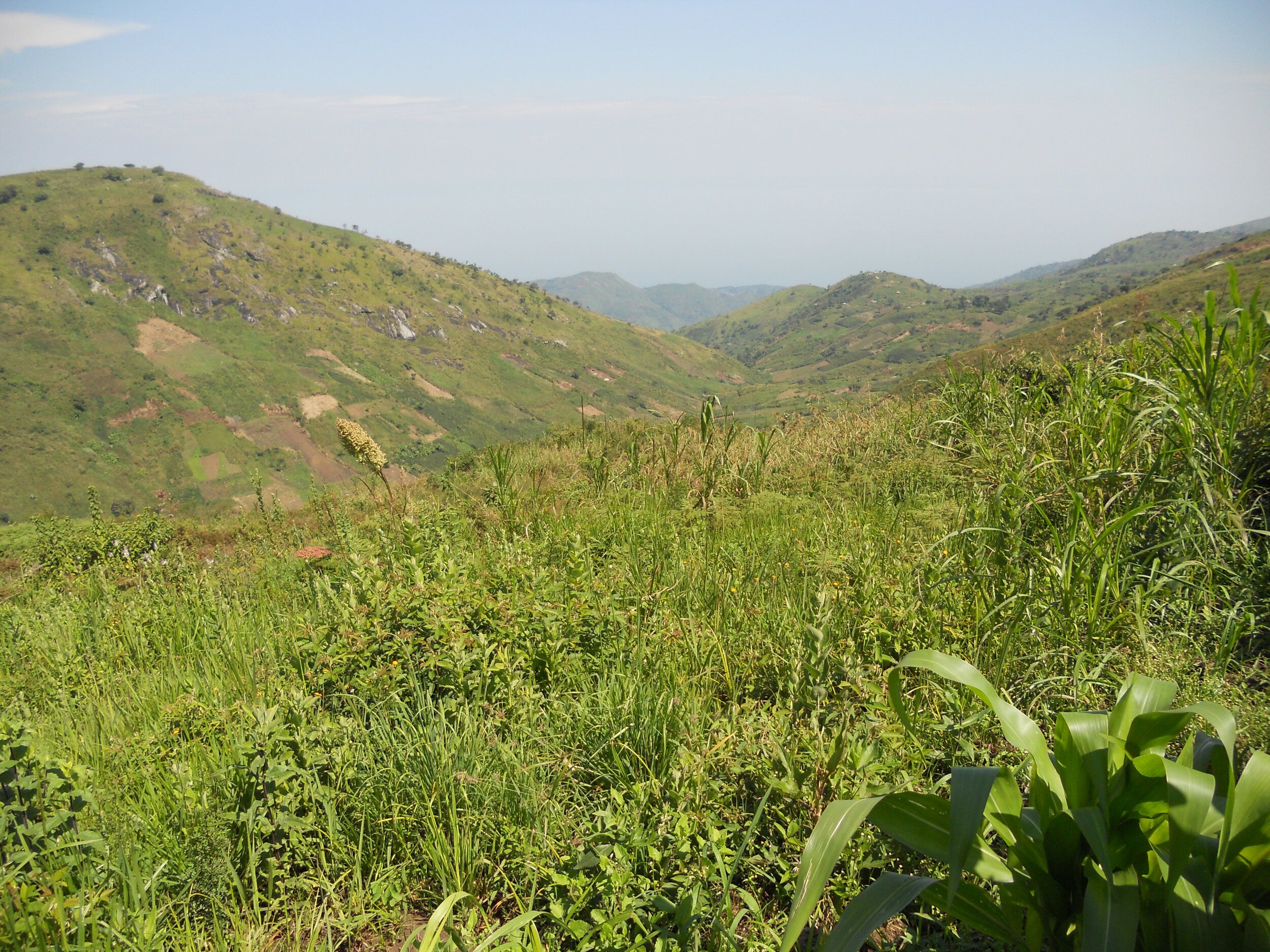
Background
More than 200 million people live in areas in Africa endemic for onchocerciasis, an infectious disease caused by the parasitic worm Onchocerca volvulus, transmitted from person to person by biting black flies. While mass drug administration through annual community directed treatment with ivermectin (CDTI) programmes over several decades has controlled and may even have eliminated onchocerciasis in some areas of Africa, it is recognized that in many other areas ‘Alternative Treatment Strategies’ (ATS) are required to achieve elimination. One ATS identified by the African Programme for Onchocerciasis Control is moxidectin. More recently, the WHO Roadmap for Elimination of Neglected Tropical Diseases (2021-2030) has reiterated the need for implementation of ATS to accelerate efforts toward elimination of onchocerciasis.
In one Phase 2 and one Phase 3 single-dose treatment study in Ghana, the Democratic Republic of the Congo and Liberia, moxidectin was shown to have significantly superior efficacy to ivermectin with a comparable safety profile. Modelling of moxidectin efficacy suggests moxidectin mass drug administration (MDA), in which all eligible community members in an endemic area would be treated, could significantly accelerate progress towards onchocerciasis elimination relative to annual MDA with ivermectin.
Moxidectin development was initiated by the World Health Organization (WHO) in association with sponsor Wyeth /Pfizer. A New Drug Application to the United States Food and Drug Administration was submitted subsequently by the current moxidectin sponsor, Medicines Development for Global Health, who received approval in June 2018 for treatment of onchocerciasis in people 12 years and over.
https://www.accessdata.fda.gov/drugsatfda_docs/label/2021/210867s003lbl.pdf